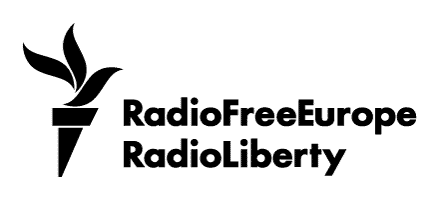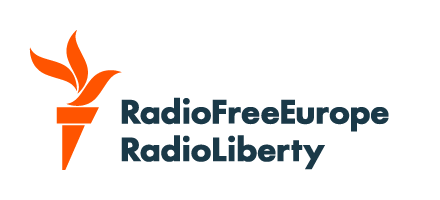EU Energy Commissioner Andris Piebalgs in the last days of 2006 called a meeting of EU energy officials to discuss the possible impact the brewing Russian-Belarusian gas-price dispute could have on the European Union.
But the time the representatives of the 27 member states met today they were confident that the EU will experience no natural-gas shortages in 2007.
New Year's Resolution
The Russian-Belarus gas dispute, which threatened to disrupt supplies of Russian gas to the EU, was resolved just before the January 1 deadline.
The last-minute agreement possibly averted a repeat of the first days of early 2006, when Europe saw reduced gas supplies as a result of Russia's decision to cut off gas to Ukraine.
Russia supplies more than a quarter of the European Union's gas needs -- 20 percent transiting Belarus and the rest across Ukraine.
There were concerns that the supplies of the three EU states who most depend on Russian gas piped through Belarus might be at risk.
But Tarradelas Espuny, a European Commission spokesman, said supplies to Lithuania, Germany, and Poland are now secure.
"The Polish representative that was speaking about the situation of gas storage in Poland and their security of supply, [the representative] said that there is nothing to worry about now," Espuny said.
Belarus On The A-List
The meeting was attended by the Belarusian ambassador to the EU, Uladzimir Syanko. This is the first time a representative of Belarus -- shunned by the EU for its democratic shortcomings -- has attended EU energy talks.
European Commission spokesman Espuny said that Russian officials were also asked to attend the January 4 meeting, but failed to turn up.
However, Espuny said, both Moscow and Belarus had given the EU repeated assurances that EU gas supplies were secure .
Under the last-minute deal, Belarus will pay the Russian gas giant Gazprom more than twice what it paid for gas in 2006. Belarus also sold Gazprom a 50 percent stake in its coveted pipeline monopoly, Beltranshaz.
EU spokesman Espuny said the bloc views the details of the deal as a "bilateral matter." He said the EU favors the introduction of "market prices" for gas, but also values the "principle of reciprocity" -- that is, that both sides' interests be taken into account.
The Escalation Evolves
As a result of its dispute with Russia, Belarus has threatened to start levying hefty transit fees on Russian oil exports to the EU.
European Commission spokesman Espuny said the EU is "following developments very closely," but noted that "oil is different than gas."
However, he said, the EU expects its consumers to be unaffected.
"Certainly this is a bilateral issue between Russia and Belarus. We expect certainly that this is not going to have any negative impact on the security of supply of oil to the European Union," Espuny said. "And we expect that the differences between the two parties are going to permit consumers to expect to receive oil supplies at the prices that have been previously contracted."
Today's meeting also addressed the wider implications of the recent developments in relation to the EU's energy security.
New Energy Initiatives
Speaking on behalf of the European Commission, which will on January 10 unveil a raft of major new policy initiatives for the energy sector, Espuny noted that the EU has stored adequate supplies of gas -- but noted pointedly that the very mild winter had led to reduced demand.
"One of the questions is to see if the gas-storage levels that exist now are good enough to cope with the winter. And, in this sense, the storages are full because we've had a very mild winter so far," Espuny said. "So, there is nothing to worry about in this sense."
The European Commission wants all EU member states to work more closely together in securing future energy supplies. However, the commission's January 10 package of proposed reforms will need to secure the approval of all 27 EU member states, as the bloc's rules currently do not provide for a common EU energy policy.
How Much Do The Neighbors Pay?

SETTING THE RATES: With Gazprom negotiating new contracts, many states will be paying more for Russian natural gas in 2007.
- Belarus, following tense negotiations with Gazprom, will pay $100 per 1,000 cubic meters in -- up from $47 in 2006. Ukraine, which depends on Russia to supply it with about 77 percent of its gas, will pay $130 per 1,000 cubic meters of a Turkmen-Russian gas mix. Moldova, which depends on Russia for 100 percent of its gas, will pay $170 per 1,000 cubic meters, with the price rising to European-level market price by 2011. Georgia has agreed to pay Gazprom $235 per 1,000 cubic meters of gas.





